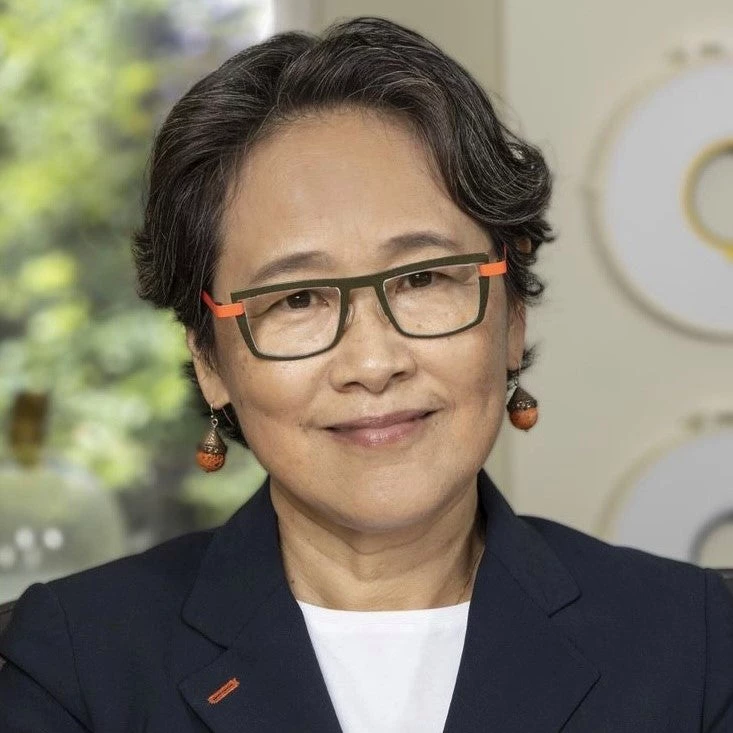 Participants at the World Bank Group Academy’s Development Data training in Perugia, Italy, May 2024.
Participants at the World Bank Group Academy’s Development Data training in Perugia, Italy, May 2024.
The recently launched World Bank Group Gender Strategy 2024-2030 calls for greater ambition to accelerate gender equality for a world free of poverty on a livable planet.
To meet this objective, it is essential we support our clients to generate and strengthen the data and evidence needed to fully understand the challenges and constraints that women face in relation to human capital, economic participation, gender-based violence, and women’s participation in decision-making and how to overcome them. Yet, on average, only a third of the data needed to monitor the gender-related Sustainable Development Goal (SDG) indicators is available (Beegle et al 2023). Based on historical rates of improvement, UN Women estimates it will take at least 22 years for countries to close these SDG gender data gaps.
To build capacity on improving gender data in client countries, earlier this month, a group of 23 survey practitioners from 15 national statistical offices and training institutes from 12 lower- and middle-income countries gathered to learn and exchange insights on closing critical gender data gaps to increase women’s economic opportunities.
This was the first training course under the World Bank Group Academy's Data program, and it was launched in partnership with the World Bank Institute for Economic Development, the Center for Development Data (C4D2), and with support from the Government of Italy, setting a high standard for future educational endeavors with its comprehensive curriculum.
Leveraging expertise across the World Bank Group
Our three departments—the Development Data Group, the Poverty and Equity Global Practice, and the Gender Group— worked closely together to deliver this important course, titled “Leveraging Household Surveys to Close Gender Data Gaps.” The course was built on our collective experience working with client countries to strengthen national statistical capacity and improve the quality of gender data to inform development policies.
Across our teams we have worked to close gaps in actionable gender data across the data lifecycle, whether they come from incomplete data collection, limitations in analysis, or dissemination approaches that do not engage key data users. We conduct methodological and policy relevant research to understand the different economic experiences of women and men within households, and how our understanding of those experiences depends on who is surveyed.
We support implementation of global standards in data production and dissemination at scale through statistical capacity building projects, the Living Standards Measurement Study, and the Strengthening Gender Statistics project and support innovations combining household survey data with other data sources to maximize their value. Through the Gender Data Portal, we work to make existing gender data more accessible.
 Survey practitioners from 15 national statistical offices and training institutes from 12 lower- and middle-income joined the training.
Survey practitioners from 15 national statistical offices and training institutes from 12 lower- and middle-income joined the training.
Tackling gender data gaps from all angles
The course was developed around this full data lifecycle approach focusing on women’s economic participation. Relevant international guidelines were presented on the best approaches to producing the data we need to answer critical questions about economic gender equality and empowerment. Survey practitioners from national statistical offices and regional training institutes discussed the approaches they use and the challenges they face in collecting information from women and men on topics ranging from land ownership rights to time use. They walked together through the methodology for constructing core gender indicators related to work and employment and practiced creating powerful visualizations to communicate insights from these indicators. To wrap up the week, colleagues participating in the course discussed strategies for improving data uptake by engaging with stakeholders throughout the process.
Deepening engagement with our Community of Experts
The World Bank Group’s longstanding Center for Development Data in Italy hosted the course, and many of its attendees came from the network of 12 African training institutes that the hub supported over several years. They were joined by new colleagues from national statistical offices across Sub–Saharan Africa and the Middle East and North Africa, many of whom have partnered with the World Bank through other initiatives to strengthen national survey data. The group’s varied experiences informed thoughtful discussion of the topics covered during the week.
 Participants practiced creating powerful visualizations to communicate insights from core gender indicators.
Participants practiced creating powerful visualizations to communicate insights from core gender indicators.
Looking ahead
This course is just one example of the World Bank Group’s efforts through the WBG Academy Development Data program to coordinate the curation of knowledge around global challenges, in recognition that learning is central to our work to end extreme poverty and boost shared prosperity on a livable planet.
Stay tuned for upcoming courses aiming to increase the value of data for policymaking, including two courses in July in Perugia focused respectively on better measuring household wealth to improve economic resilience and a trade and climate change summer school. And we are already looking forward to the next iteration of “Leveraging Household Surveys to Close the Gender Data Gap” next year!
Thanks to Jessica Anderson, Anna Bonfert, Heather Moylan, Miriam Muller, Kolobadia Nayihouba, and Amparo Palacios-Lopez for developing and leading this training course!




Join the Conversation